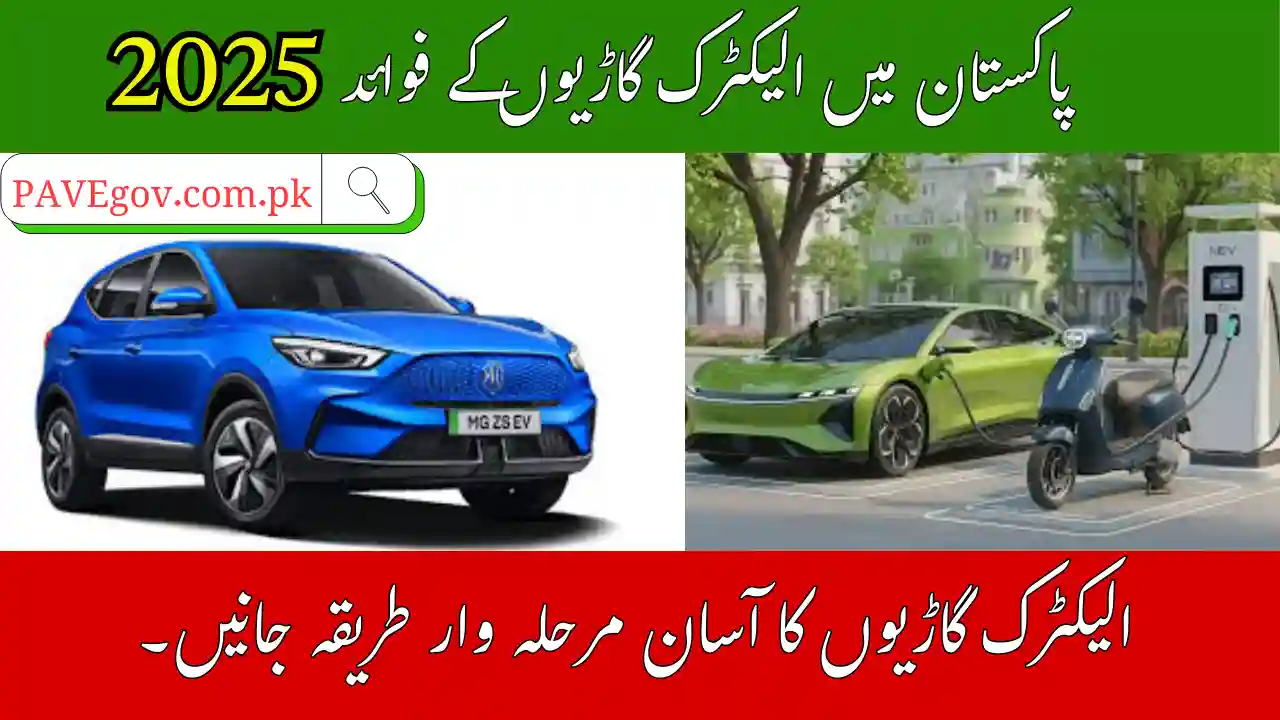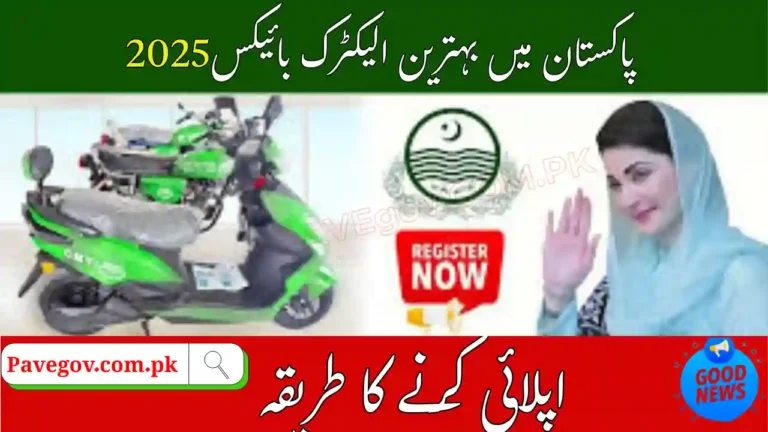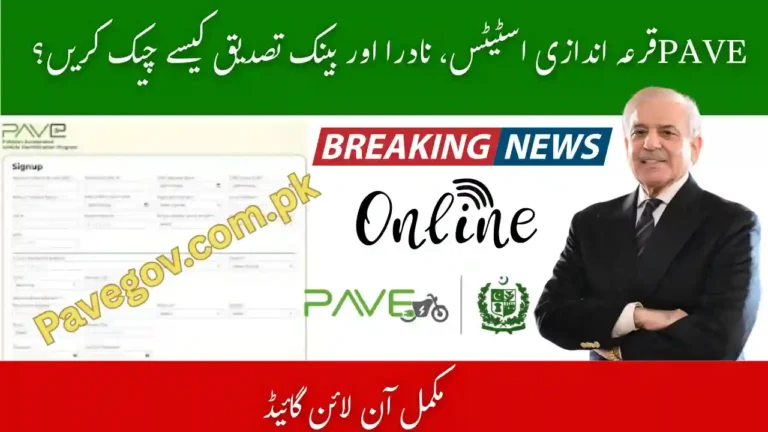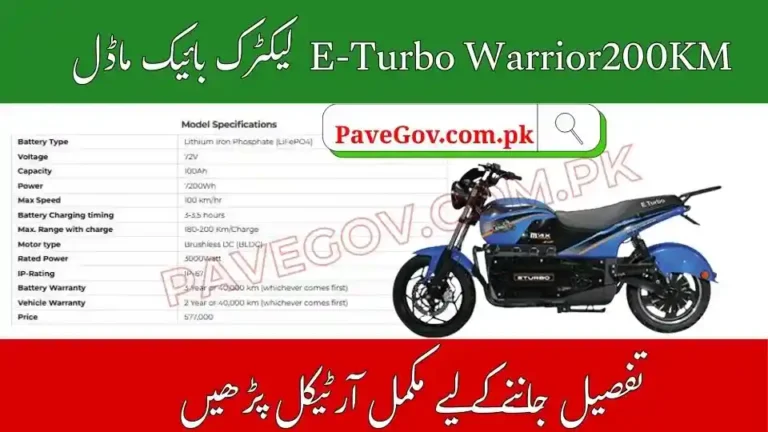How Electric Vehicles Can Save Fuel Costs in Pakistan – Complete Guide
Electric Vehicles Can Save Fuel Costs in Pakistan have become a significant burden on households, businesses, and transport operators. With rising petrol and diesel prices, many people are searching for sustainable and cost-effective alternatives. Electric Vehicles Can Save Fuel Costs in Pakistan are emerging as a smart solution to reduce fuel expenses, lower maintenance costs, and promote an eco-friendly lifestyle.
In this complete guide, we will explore how Electric Vehicles Can Save Fuel Costs in Pakistan, their benefits, government initiatives, challenges, and frequently asked questions.
Why Are Fuel Costs So High in Pakistan?
Pakistan heavily depends on imported fossil fuels. Global oil price fluctuations, currency depreciation, and increasing demand have pushed petrol and diesel rates to record highs. According to recent data, transport consumes over 35% of Pakistan’s imported fuel, making it one of the most expensive sectors for households and businesses.
Switching to EVs can drastically reduce this dependency, saving billions in fuel costs annually.
How Do Electric Vehicles Save Fuel Costs?
1. Electricity vs Petrol/Diesel Costs
- The average fuel economy of petrol cars in Pakistan is 12–14 km/liter. With petrol at Rs. 300+ per liter, cost per kilometer is around Rs. 22–25.
- EVs, on the other hand, consume about 15–18 kWh per 100 km. At Rs. 60 per kWh, the cost per kilometer is only Rs. 9–11.
That means EVs can save up to 60% on fuel costs compared to conventional cars.
2. No Need for Expensive Engine Oil
Conventional vehicles require engine oil, filters, and lubricants, but EVs eliminate these costs since they run on electric motors. This leads to significant annual savings.
3. Regenerative Braking
Most EVs use regenerative braking systems, converting kinetic energy into electricity, which charges the battery. This feature further reduces energy consumption and saves costs.
Read Also: EV Charging Stations in Pakistan
Benefits Electric Vehicles Can Save Fuel Costs in Pakistan 2025:
1. Lower Maintenance Costs
EVs have fewer moving parts compared to petrol or diesel vehicles. There is no gearbox, exhaust system, or clutch, which means fewer repairs and lower maintenance bills.
2. Environmental Benefits
Pakistan faces severe air pollution in major cities like Lahore, Karachi, and Islamabad. EVs reduce carbon emissions and improve air quality, making them a sustainable solution for the environment.
3. Long-Term Savings
Though EVs may have a higher upfront price, the long-term cost savings in fuel and maintenance outweigh the initial investment.
4. Government Incentives
The Electric Vehicles Can Save Fuel Costs in Pakistan has announced reduced import duties and tax incentives on EVs, making them more affordable for consumers.
Popular Electric Vehicles in Pakistan 2025:
Several Electric Vehicles Can Save Fuel Costs in Pakistan models are gaining attention in Pakistan:
- MG ZS EV – Popular among families for its affordability and efficiency.
- Audi e-tron – Luxury EV with advanced features.
- Jolta Electric Bikes – Affordable EV bikes for daily commuting.
- BYD and Tesla (expected entries) – Anticipated to expand options in the near future.
Read More: Electric Bike Maintenance in Pakistan
Challenges of EV Adoption in Pakistan
While EVs promise huge savings, there are challenges:
- Charging Infrastructure – Limited charging stations make long-distance travel difficult.
- High Initial Cost – Imported EVs remain costly despite tax relief.
- Battery Replacement Cost – EV batteries are expensive, though they last 7–10 years.
- Awareness Gap – Many consumers are still unaware of EV benefits and long-term savings.
Government’s Role in Promoting EVs
Electric Vehicles Can Save Fuel Costs in Pakistan introduced the National Electric Vehicle Policy (NEVP) to achieve 30% EV penetration by 2030. Key steps include:
- Duty exemptions on EV imports.
- Tax relief on locally manufactured EVs.
- Encouraging private companies to invest in charging station networks.
- Promoting EV buses and bikes for public transport.
These policies aim to make EVs affordable while reducing the country’s fuel import bill.
Cost Comparison: EVs vs Petrol Cars in Pakistan
| Category | Petrol Car | Electric Car |
|---|---|---|
| Fuel Cost (per km) | Rs. 22–25 | Rs. 9–11 |
| Monthly Fuel (1000 km) | Rs. 22,000–25,000 | Rs. 9,000–11,000 |
| Annual Maintenance | Rs. 40,000+ | Rs. 10,000–15,000 |
| Carbon Emission | High | Near Zero |
Clearly, EVs offer huge financial savings for regular commuters.
Future of Electric Vehicles in Pakistan
Electric Vehicles Can Save Fuel Costs in Pakistan future looks promising as fuel prices continue to rise. With growing demand, local manufacturing, and international partnerships, EV adoption will accelerate. The shift will not only save billions in fuel imports but also create new jobs in technology, infrastructure, and energy sectors.
Read Also: Electric Bike vs Petrol Bike in Pakistan
FAQs on Electric Vehicles in Pakistan 2025:
Q1: Are electric vehicles cheaper to run than petrol cars in Pakistan?
Yes, EVs are up to 60% cheaper per kilometer compared to petrol and diesel cars.
Q2: How much does it cost to charge an electric car in Pakistan?
On average, charging an EV at home costs Rs. 9–11 per km, depending on battery size and electricity rates.
Q3: Is charging infrastructure available in Pakistan?
Currently, charging stations are limited but expanding. Major cities like Lahore, Karachi, and Islamabad have private and government-backed EV charging setups.
Q4: How long do EV batteries last?
Most EV batteries last 7–10 years with proper care, after which they can be replaced or repurposed.
Q5: Which electric car is most popular in Pakistan?
The MG ZS EV is currently the most popular mid-range electric SUV, while Jolta EV bikes are widely used for daily commutes.
Q6: Can EVs help Pakistan reduce fuel imports?
Yes, widespread EV adoption can cut fuel imports significantly, improving the trade balance and reducing dependency on foreign oil.
Electric Vehicles Can Save Fuel Costs in Pakistan Conclusion:
Electric Vehicles Can Save Fuel Costs in Pakistan are not just a trend – they are the future of transportation in Pakistan. By drastically reducing fuel costs, maintenance expenses, and environmental damage, EVs offer a sustainable solution for households, businesses, and the country’s economy.
With rising fuel prices, shifting towards EVs is no longer optional – it’s a necessity for Pakistan’s energy security and economic stability.







